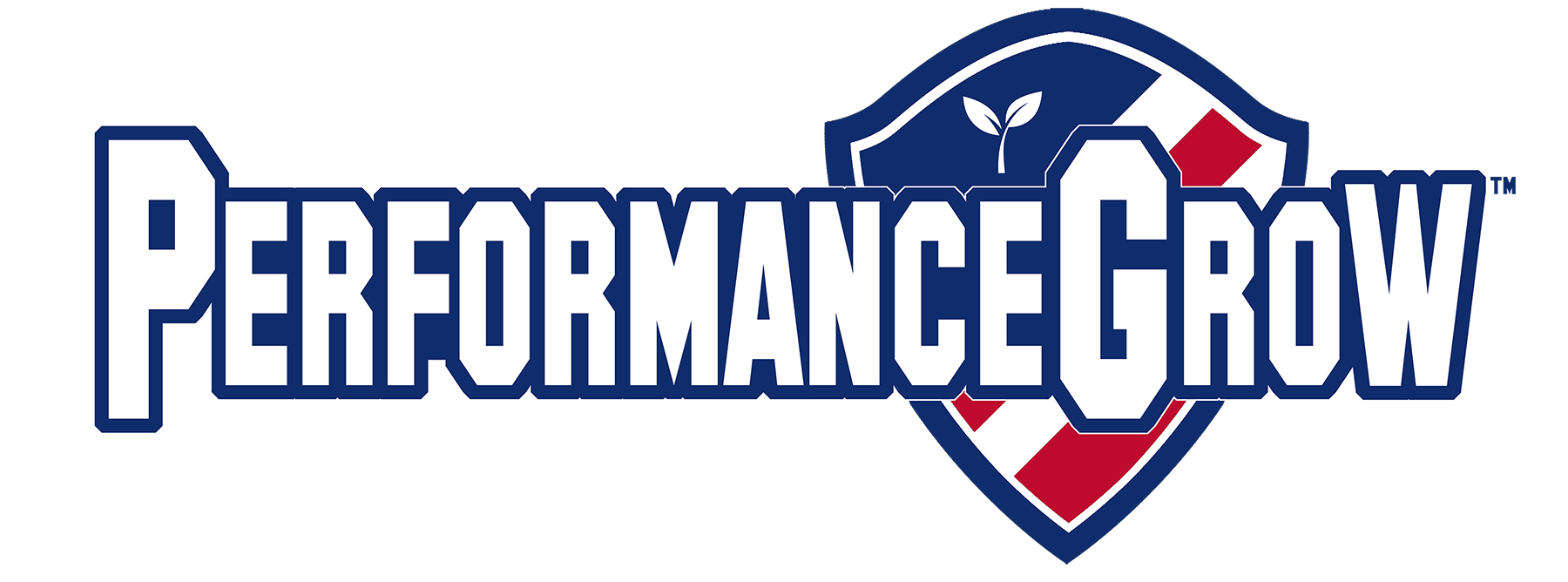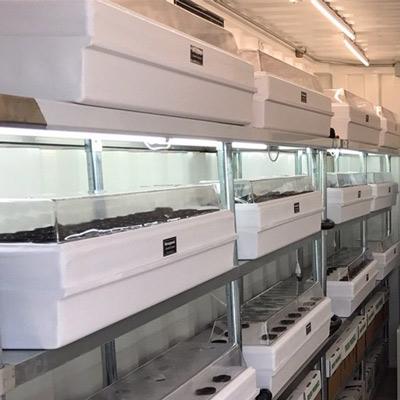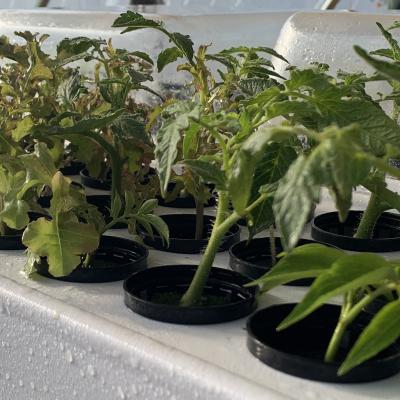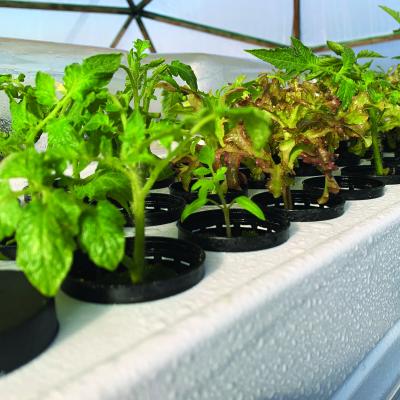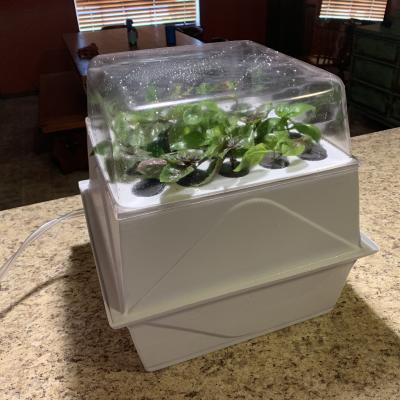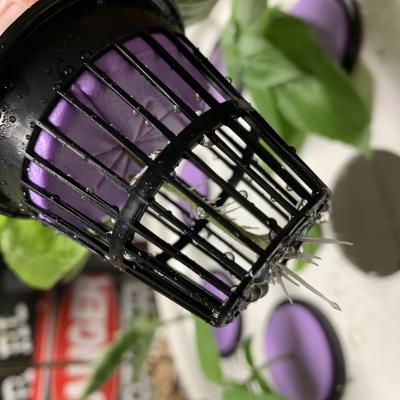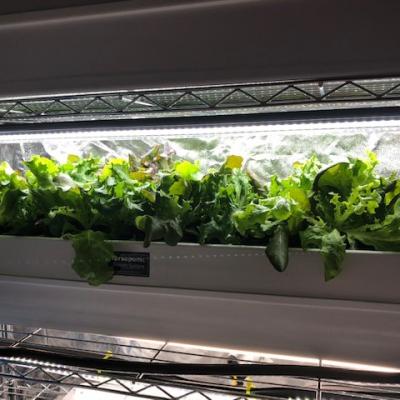In the quest for nourishing our bodies with the best possible foods, we find ourselves at a crossroads: hydroponically grown produce versus conventionally grown vegetables. This debate isn't just about taste or convenience; it's about the well-being of our bodies. In this article, we'll compare the health benefits of hydroponically grown food with conventionally grown produce, address concerns related to pesticides and herbicides in store-bought vegetables, and encourage readers to prioritize their health by choosing homegrown options.
The Health Benefits of Hydroponic Produce
Hydroponic gardening, with its soilless cultivation and controlled environments, offers a range of health benefits:
-
Reduced Chemical Exposure: Hydroponically grown food is less likely to come into contact with harmful chemicals commonly found in conventional farming. This means lower pesticide and herbicide exposure for consumers.
-
Higher Nutrient Density: Hydroponic systems allow for precise nutrient management, resulting in produce that is often more nutrient-dense than conventionally grown vegetables. Essential vitamins and minerals are readily available to nourish your body.
-
Year-Round Availability: Hydroponics isn't confined by season. It provides a consistent supply of fresh produce year-round, enabling you to maintain a balanced, healthful diet regardless of the weather.
-
Less Water Usage: Hydroponic systems typically use less water compared to conventional farming. Water conservation isn't just eco-friendly; it also contributes to healthier produce.
Concerns Related to Conventionally Grown Vegetables
Conventionally grown vegetables, while widely available and less expensive, come with their own set of concerns:
-
Pesticide Exposure: Conventional farming relies heavily on pesticides and herbicides to protect crops from pests and diseases. These chemicals can linger on produce, potentially exposing consumers to health risks.
-
Decreased Nutrient Levels: Long transit times from farm to store can cause a decline in the nutritional content of conventionally grown produce. The longer it takes to get to your plate, the fewer nutrients it may retain.
-
Seasonal Limitations: Depending on the region, seasonal variations can limit the availability of certain vegetables. This can lead to a less diverse and potentially less balanced diet.
-
Environmental Impact: Traditional farming practices can have a substantial environmental impact, from soil depletion to water pollution. It's not just about personal health but the health of the planet as well.
Prioritizing Your Health Through Homegrown Options
With the knowledge that hydroponically grown food often boasts superior health benefits, the choice becomes clear: prioritize your health by choosing homegrown options. Here's how you can make the transition:
-
Start Small: You don't need a full-scale hydroponic system to begin enjoying the benefits. Start with a few herbs or small vegetables in a hydroponic kit, and gradually expand your garden.
-
Educate Yourself: Learn about hydroponic gardening techniques, nutrient solutions, and the best plants for your space. Knowledge is key to a successful harvest.
-
Opt for Organic Hydroponics: If concerns about pesticides persist, consider organic hydroponic gardening. It offers a healthy and eco-friendly alternative to conventionally grown produce.
-
Community Engagement: Join local hydroponic gardening communities, attend workshops, and share experiences with like-minded individuals. Community support can be an invaluable resource.
In conclusion, the choice between hydroponically grown produce and conventionally grown vegetables isn't just about flavor or convenience; it's about your health and well-being. By opting for hydroponic options, you can reduce your exposure to harmful chemicals, enjoy nutrient-dense food year-round, and contribute to a healthier planet. The decision to prioritize your health starts with the choices you make at the dinner table, and the benefits of homegrown, hydroponically grown produce are too substantial to ignore.
